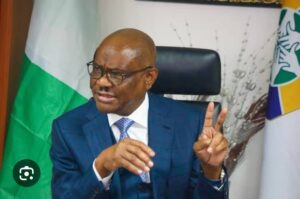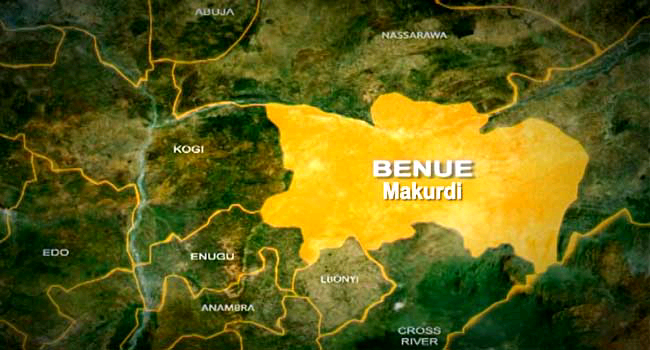Nyeson Wike: Political Enigma, Very Valuable Asset

By Bamidele Atoyebi
Among the key moments in Nigeria’s 2023 presidential election, nothing stood out quite like the events in Rivers State, orchestrated by Nyesom Wike. While many politicians followed traditional political tactics, Wike achieved something remarkable that went against conventional wisdom.
What unfolded in Rivers was more than just an electoral win; it showcased a masterclass in political strategy. A sitting PDP governor not only secured all National Assembly seats for his party but also delivered the presidential vote to Bola Ahmed Tinubu of the APC an unprecedented achievement. This was extraordinary, not just atypical.
Rivers State emerged as the sole South-South region where Tinubu triumphed, earning 231,591 votes, outpacing Peter Obi’s 175,071 and Atiku Abubakar’s 88,468. In the rest of the South-South, Atiku’s PDP won in Bayelsa and Akwa Ibom, while the Labour Party was dominant in Cross River, Edo, and Delta. However, none mirrored the nuanced split-ticket success recorded in Rivers under Wike, signifying a political phenomenon deserving of examination.
This outcome was due not only to personal appeal but to a carefully designed political framework built through discipline and strategic insight. Wike’s political machine functioned on structured direction, loyalty, and impeccable execution rather than spontaneous enthusiasm. Consequently, there was a coordinated victory: the APC won the presidential race, and the PDP held onto the state’s legislative and gubernatorial seats.
Having extensively studied political science and Nigerian electoral strategies, I observe a persistent trend: the presidential candidate who wins in a state usually also secures its National Assembly seats, particularly when endorsed by the sitting governor. This pattern has been consistent across election cycles, yet Wike disrupted it with remarkable ease.
His success exemplifies a refined political sensibility that goes beyond grassroots mobilization; it requires timing, boldness, and strategic insight. Wike’s actions were a purposeful challenge to traditional political norms.
His importance extends beyond party lines; despite being a member of the PDP, Wike was appointed by President Tinubu of the APC to the influential position of Minister of the Federal Capital Territory. This appointment was significant and recognized Wike’s political capital as essential.
The recent comments by the Ooni of Ife, suggesting a closer look at how Wike secured a ministerial role within an APC-led government, highlight this point. Wike’s rise was a calculated use of political leverage, proving his expertise in realpolitik.
Wike now confidently asserts that President Tinubu will win the Federal Capital Territory in 2027—a feat no sitting president has achieved in recent times. While this prediction is ambitious, it is rooted in historical precedence. If anyone can alter electoral norms, it is Wike, and the 2023 Rivers blueprint serves as undeniable proof.
In contrast to the Labour Party’s momentum, largely driven by youthful enthusiasm and uniform victories, Wike crafted a complex, deliberate outcome: votes for APC at the presidential level alongside steadfast PDP dominance in the legislature. This was not by chance; it was a finely tuned strategy.
Let critics argue and analysts deliberate. History will likely regard Wike’s 2023 accomplishment as a crucial moment in Nigeria’s political journey. When recounting President Bola Tinubu’s rise, many will be mentioned, but few will match the significance, intent, and effectiveness of Nyesom Wike.
Wike is not just a political player; he is a strategist, a kingmaker, and a model of political sophistication. Candid in expression and refined in execution, he has shown that political mastery transcends party affiliations; it is about influence, timing, and delivering results where others cannot.
As 2027 nears, the nation is once again focused on Nyesom Wike not for spectacle, but for tangible results.
Bamidele is philanthropist, criminologist, social worker, maritime administrator, founder of BAT school of politics and policies and convener of BAT Ideological Group. Wrote in from Abuja







